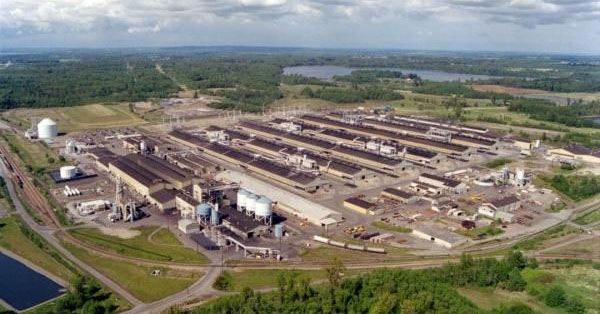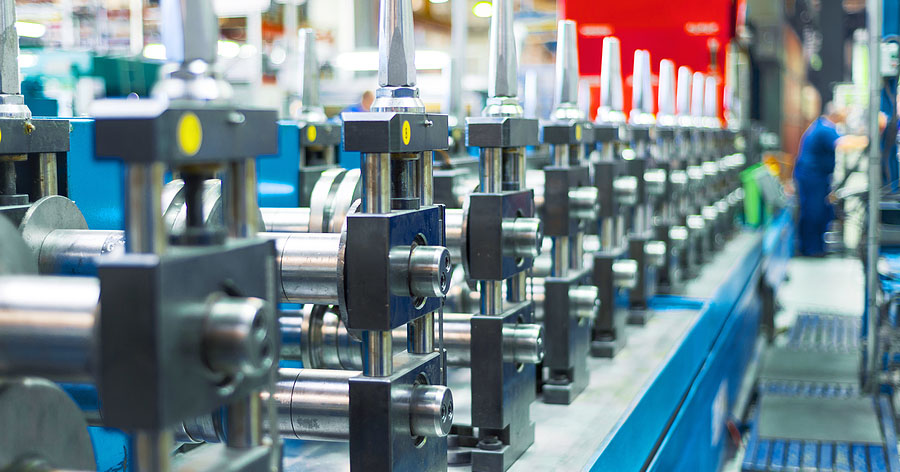OPINION
An industrial policy that works for workers
As Congress fixes supply chains, it should also update anti-dumping enforcement
By DEAN SHOWERS
(April 19, 2022) — The U.S. Congress is considering what would be the biggest industrial policy bill in decades, called the Bipartisan Innovation Act. Passing it would mean billions of dollars in incentives to make high-tech products in the United States, along with other big pots of money to re-establish supply chains here, too.
This is important legislation because manufacturing is an important engine for our economy — and, specifically, for creating good jobs. It certainly has done that here in Washington over the years. This bill will go a long way toward making sure the United States can produce the semiconductors, advanced batteries and other goods the industries of the 21st century economy will need.
Still, we aren’t the only economy out there fighting for these emerging industries and the jobs they’ll create. So if this effort is truly about increasing American manufacturing’s competitiveness, it has to include modern tools for manufacturers and workers to push back against unfair foreign competition.
But there’s debate about sticking those kinds of tools in. Take, for instance, the Leveling the Playing Field Act 2.0, which is included in the House’s version of this legislation – and not in the Senate’s. This proposal would effectively update the existing trade laws that protect American industries against “dumping,” which is what happens when heavily subsidized (and often state-owned) manufacturers in places like China unload artificially cheap products into foreign markets. American manufacturers and workers routinely win anti-dumping cases at the U.S. International Trade Commission in Washington, D.C. But in response, those imports routinely flood other countries that then send their own displaced goods here, requiring already injured American industries file — and win — essentially the same trade case all over again.
It’s costly and time-consuming, it puts people’s livelihoods on the line, and that’s exactly what has happened to the aluminum industry in the United States. After the U.S. Department of Commerce hit unfairly traded Chinese aluminum with well-earned anti-dumping duties, those Chinese companies just dumped their products into other countries, who in turn dumped their own aluminum in the U.S.
There’s a reason there are dozens of heavily subsidized smelters in China and only one in the entire western United States — and that one, in Ferndale, Wash., is at this moment mothballed. The reason is cost is an issue in the United States and it’s often not in China, which pours money into industries like aluminum and then prices its competition out of business. There were more than 700 workers given pink slips when Alcoa Intalco decided to go dormant a few years ago. Many are still waiting to get back to their jobs.

That brings us back to the industrial policy bill before Congress. No, it’s not designed to bring Ferndale back online — that will happen through work here in Washington state, if the prospective new owner can cut a deal with the power company — but this bill can update U.S. trade enforcement so workers aren’t made to wait for years through lawsuit after lawsuit, while losses and layoffs mount.
If this bill is truly meant to create resilient supply chains, invest in American industry and guarantee our future prosperity, it has to update our enforcement tools, too. This is a package deal. Industry and competition don’t operate in a vacuum and the tools as they’re currently designed simply don’t work. I want to see Washington’s entire congressional delegation vote for this commonsense proposal, and I hope they think about what has happened to the aluminum smelters in Washington while they do so.
 Dean Showers is a field coordinator for the Alliance for American Manufacturing (AAM), a non-profit non-partisan partnership formed by some of America’s leading manufacturers and the United Steelworkers.
Dean Showers is a field coordinator for the Alliance for American Manufacturing (AAM), a non-profit non-partisan partnership formed by some of America’s leading manufacturers and the United Steelworkers.






